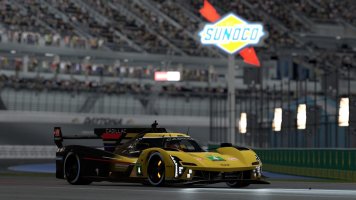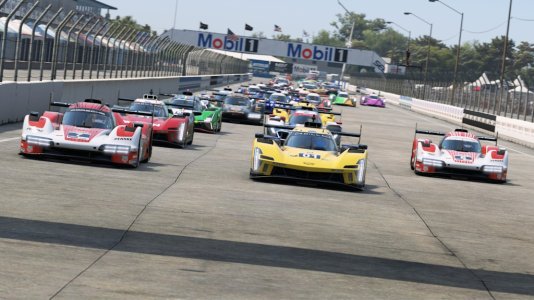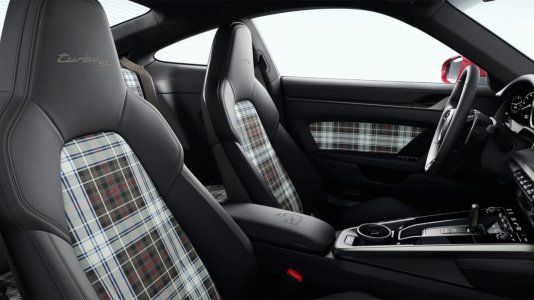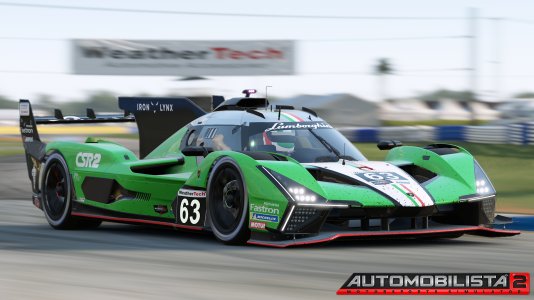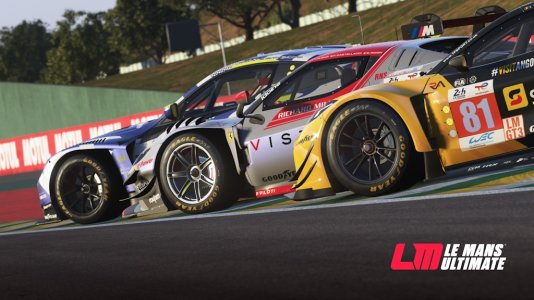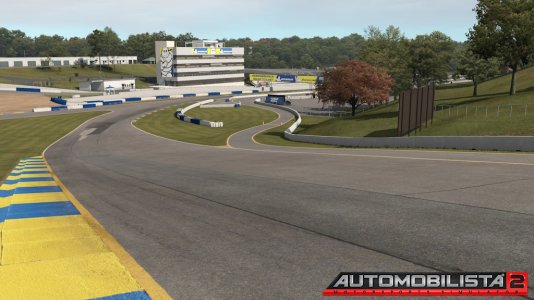Paul Jeffrey
Premium
So you thought development of Automobilista had finished right? Wrong! A new update and some fresh content is heading to the sim - and here are the previews to prove it!
Already benefitting from a new update within the AMS Beta build, head man of Reiza Studios Renato Simioni has today confirmed some new content is also on the way to the simulation - with the little known Puma Automobiles manufacturer set to make an appearance with not one but four models coming to this outstanding racing title.
Sharing preview images on the Reiza Studios forum earlier today, Simioni has confirmed the classic Puma GTE and GTB will be added as existing content to the Brazilian TC Classics DLC, and the yet to be released new P052 and Lumimari GT will be coming to the title as free base content. Excellent!
For those of us maybe less familiar with the Puma Automobiles brand, here's what Wikipedia have to say on this obscure but rather cool manufacturer:
Puma is a Sports Car manufacturer, based in South Africa, which originally started out in Brazil. While based in South America, the company built cars from 1964 until roughly 1995, and also produced trucks from 1978 to 1999. The company then returned in 2013 under the name of "Puma Automobiles" and began manufacturing the Puma 52 (made especially for racing tracks) and the Puma GT 2.4 Lumimari.
Many consider[weasel words] the first development of Pumas to be a result of Brazilian regulations during the 1960s that restricted imports and were designed to encourage domestic automobile production. High tariffs and more import-friendly regulations of the mid 1980s, as well as turmoil in the company, are widely considered to be among the main factors that ended the production of the first generation of Puma's Brazilian produced automobiles. During this era, Puma sourced engines from DKW (3 cylinders), Volkswagen (4 cylinders) and General Motors (4 and 6 cylinder) and mounted them on their own chassis and Fiberglass bodies. A select number of cars were exported to US markets during the 1970s to the 1980s, but a more cost effective Kit car option was responsible for the majority of US models. The Kit car variant was actually a complete car exported without the front suspension, transaxle, engine, wheels and tires. The missing components were available from the North American distributor, or the buyer could source the needed parts locally. Less restrictive regulations permitted the importation and marketing of a greater number complete cars in Canada.
Production of the first models started in 1964 using DKW components and a front engine, front wheel design. These models were sold and manufactured exclusively for auto racing. In 1967, and the entire automobile was re-adapted for street use and commercial sale and featured an updated rear-mounted Volkswagen engine with a rear-wheel design.
Many consider[weasel words] the first development of Pumas to be a result of Brazilian regulations during the 1960s that restricted imports and were designed to encourage domestic automobile production. High tariffs and more import-friendly regulations of the mid 1980s, as well as turmoil in the company, are widely considered to be among the main factors that ended the production of the first generation of Puma's Brazilian produced automobiles. During this era, Puma sourced engines from DKW (3 cylinders), Volkswagen (4 cylinders) and General Motors (4 and 6 cylinder) and mounted them on their own chassis and Fiberglass bodies. A select number of cars were exported to US markets during the 1970s to the 1980s, but a more cost effective Kit car option was responsible for the majority of US models. The Kit car variant was actually a complete car exported without the front suspension, transaxle, engine, wheels and tires. The missing components were available from the North American distributor, or the buyer could source the needed parts locally. Less restrictive regulations permitted the importation and marketing of a greater number complete cars in Canada.
Production of the first models started in 1964 using DKW components and a front engine, front wheel design. These models were sold and manufactured exclusively for auto racing. In 1967, and the entire automobile was re-adapted for street use and commercial sale and featured an updated rear-mounted Volkswagen engine with a rear-wheel design.
Automobilista is a PC exclusive racing game from Reiza Studios, and can be purchased from the Steam network.
If you enjoy Automobilista then take your experience to the next level with RaceDepartment! Join in our brilliant online Racing Club to take part in organised online race events, or head over to the Automobilista Modding Forum to have a look through our community made content, or if this isn't enough to keep you occupied, check out the general AMS sub forum and involve yourself in our wonderful sim racing community.
